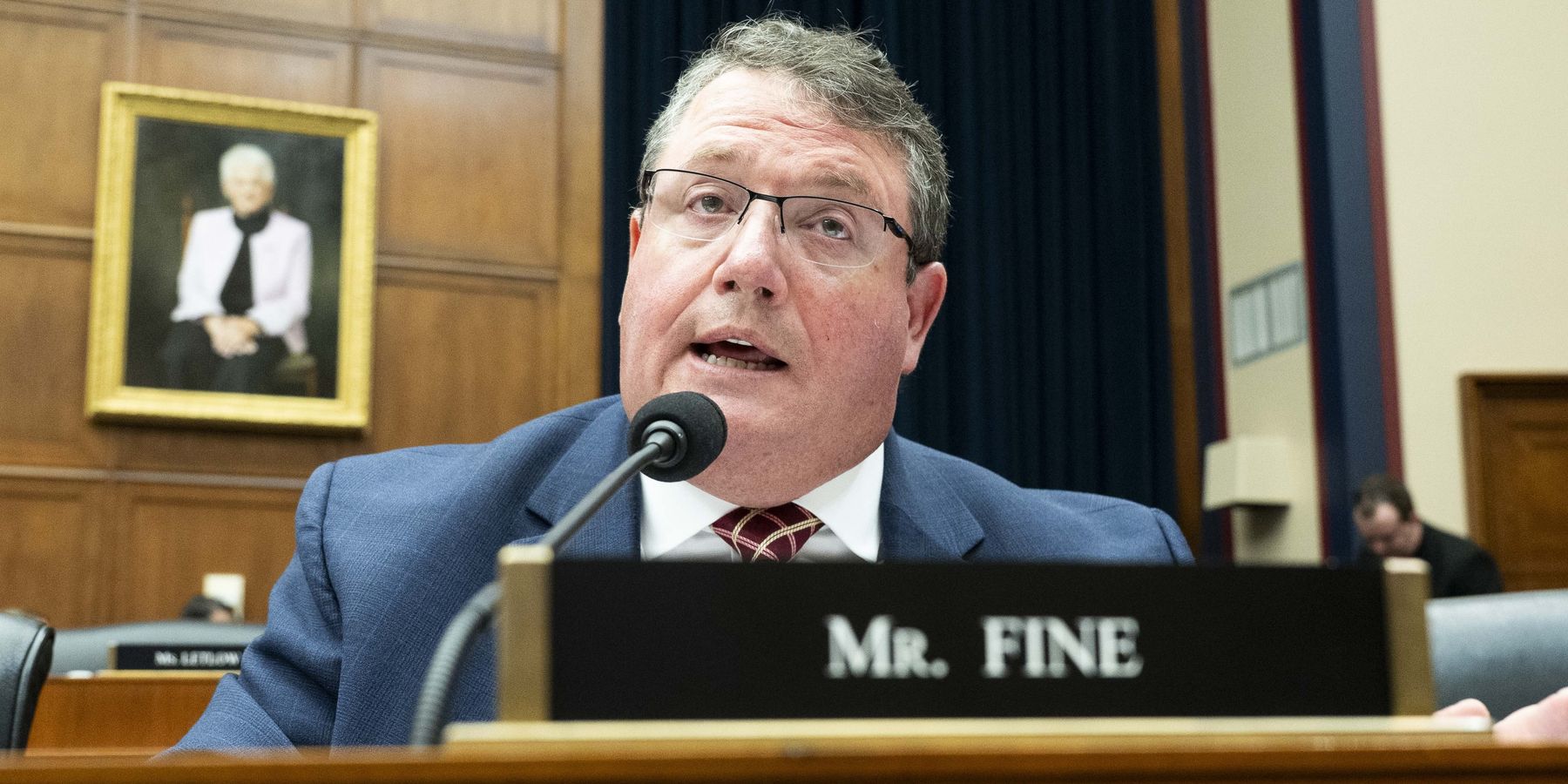While over 100 Palestinians now die of hunger every day in Gaza, Congress remains peculiarly silent.
Members of antiwar group Code Pink asked lawmakers in the halls of Congress Tuesday about how they will help, repeatedly mentioning that Gazan children are now reportedly succumbing to malnutrition in greater numbers. But the lawmakers they managed to approach in their “Stop Starving Gaza Now” emergency action seemed uninterested, or otherwise suggested Hamas should address the crisis, either by releasing hostages or negotiating with Israel.
“Release the hostages,” Rep. Randy Fine (R-Fla.) said when asked what could be done. Fine is a staunch Israel supporter who’s been accused of “unhinged, racist and Islamophobic” rhetoric by Congressional colleagues and was ratioed on X yesterday for saying “starve away” in regards to Gazan civilians. He also called reports of starvation “a lie” and "Muslim terror propaganda."
“Get in touch with my office,” said Rep. Joe Wilson (R-S.C.), a member of the House Armed Service and House Foreign Affairs committees, when asked about how the U.S. could get adequate food to dying Gazan children. “Thank you for coming by.”
“I’m talking on the phone,” another lawmaker quipped, brushing off questions altogether.
Members of Congress are in a unique position to change or otherwise challenge the current situation by leveraging the $3.3 billion in U.S. military aid to Israel per year.
But their efforts to do this have often gone belly up. Last week, for example, the House of Representatives voted 6-422 to shoot down Rep. Marjorie Taylor Greene's 2026 Department of Defense Appropriations Act amendment to block $500 million in additional military assistance to Israel.
The State Department supports the Israel- and U.S.-backed Gaza Humanitarian Foundation (GHF) as a way to provide Palestinians meals, giving it $30 million toward its operations. But the IDF is accused of shooting Gazans at these centers almost every day, and humanitarian organizations say the food distributed is not nearly enough to keep 2 million people alive in this crisis situation. They are calling on the GHF to cease operations and allow the UN or other traditional NGOs to go in to do the work.
Code Pink co-founder Medea Benjamin said, “I see people starving… on purpose” when asked by one lawmaker to acknowledge that the situation takes “two sides” to negotiate.
State Department spokesperson Tammy Bruce announced yesterday that Trump envoy Steve Witkoff will go to the Middle East to work on negotiations toward a Gaza ceasefire, and for an aid corridor to open in Gaza. Israel broke a previously negotiated ceasefire earlier this spring.
To date, Israel has killed nearly 60,000 Palestinians since October 2023, though some death toll estimates are much higher.
- Charges of US contractor shootings in Gaza recall ugly Blackwater era ›
- The desperation of Gaza famine denialism ›
- Graham: Israel will ‘do in Gaza what we did in Tokyo and Berlin’ | Responsible Statecraft ›

















